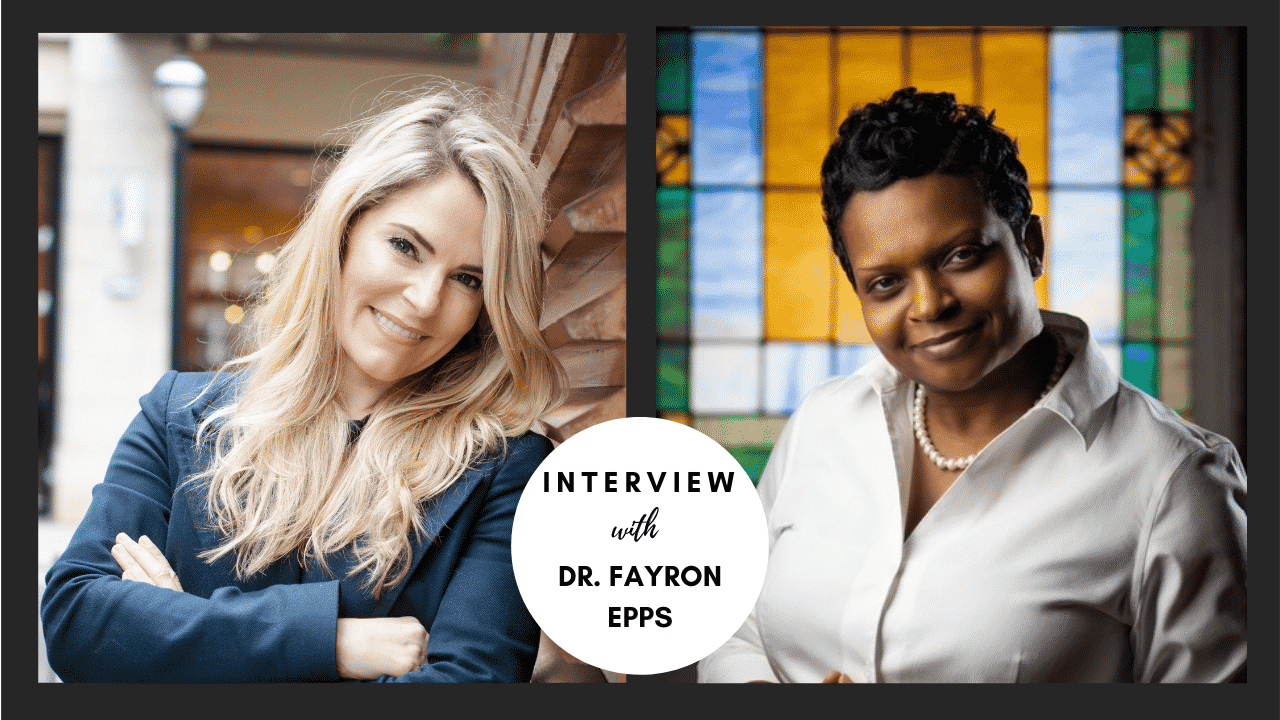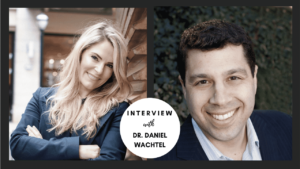Dementia is one of the most important, but often overlooked, health care issues related to older African Americans.
Research shows that African Americans are two to three times more likely to develop a dementia disorder (compared to European Americans) and at the same time are less likely to be diagnosed early in the disease process and provided with adequate treatment.
Today’s guest, Dr. Fayron Epps, Nurse Scientist and Assistant Professor at Emory University, Nell Hodgson Woodruff School of Nursing, is focused on changing this by improving access to resources and awareness of Alzheimer’s Disease and related dementias in African American and faith communities by conducting research and providing education.
Here’s a sneak peek at what you’ll learn from my interview with Dr. Fayron Epps
- [08:24] Dementia education is essential to caring for loved ones with dementia. Dr. Epps describes the importance of education and resources about dementia, in particular, in African American communities
- [13:32] Dr. Epps describes the role of African American churches as the cornerstone to the Black community and as a safe haven for many Black families.
- [16:57] Dr. Epps describes ways in which education about dementia transforms the caregiving experience.
- [20:07] With systemic racism and strained relationships with the health care system disproportionately affecting African Americans, Dr. Epps shares her personal testimony of working through her own mistrust with the health care system.
- [23:44] Dr. Epps provides recommendations to African American individuals and families about working through their own mistrust of the health care system
- [28:39] The number one recommendation Dr. Epps has for families concerned about an older loved one.
About Dr. Fayron Epps
Dr. Fayron Epps is a nurse with 20 years of experience and is currently serving as an Assistant Professor at Emory University, Nell Hodgson Woodruff School of Nursing. Dr. Epps is an active member with numerous professional organizations. She currently serves on the Board of Directors for Southern Gerontological Society, Alzheimer’s Association Georgia Chapter, and Meals on Wheels Atlanta. Her career goal as a nurse scholar is to promote quality of life for families affected by dementia through research, education and service. Her program of research involves evidence-based practices for promoting quality of life for African Americans with dementia and their family caregivers. She is particularly interested in exploring way religious activities and spiritual connectedness can promote meaningful engagement among persons with dementia. Dr. Epps works with faith communities and other community organizations to spread dementia awareness. Dr. Epps is currently working on a project with faith communities to develop dementia-friendly faith villages to support African American families living with dementia.
Resources by Dr. Epps:
- Faith Village Research Lab 678-723-8188; email: [email protected]
- Faith Village Research Lab Website
- Future of Life Institute YouTube Channel
- Faith Village Connections Facebook Page





